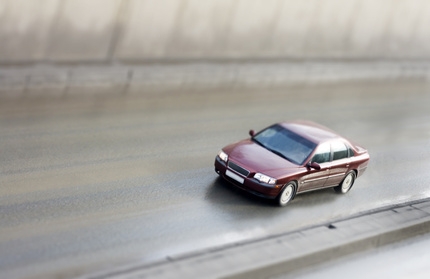
A flywheel is a type of container that can generate and hold energy. Flywheels are sometimes used as an alternative to batteries in cars and other electronics. There is some dispute over whether heavier flywheels are better to use than lighter ones; light flywheels offer faster turning, but heavier flywheels can operate with less energy. There are other advantages to using a heavier flywheel, although they aren't always the best choice for every piece of equipment.
According to the Federal Energy Management Program (FEMP), heavier flywheels offer more reliability than batteries. This is largely due to the fact that heavier flywheels can fully power up within ten to fifteen seconds, and once the flywheel starts rotating the energy will continue to be generated until the vehicle or other machine is shut down. The cost of maintenance and operation is also much lower for flywheels because they do not need to be replaced as often as batteries.
Heavier flywheels are better for the environment than many other mechanisms. Flywheels are typically made from natural materials, which helps preserve the environment. The low maintenance feature of flywheels also makes them environmentally friendly, and because heavier flywheels rotate at slower speeds than lighter flywheels, they are even easier to maintain because they don't wear down as quickly.
The power produced from a heavy flywheel is denser than that which is produced and stored in a lighter flywheel. Power density is important for larger objects and vehicles, which is why larger flywheels are most effective in these larger machines.
Heavier flywheels can generate and store more kinetic energy than lighter flywheels. This is due to their size and weight. The heavier the object, the greater the momentum, and the greater the energy that can be released from that object.